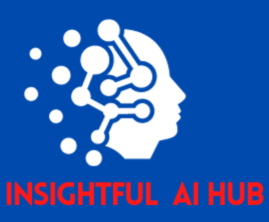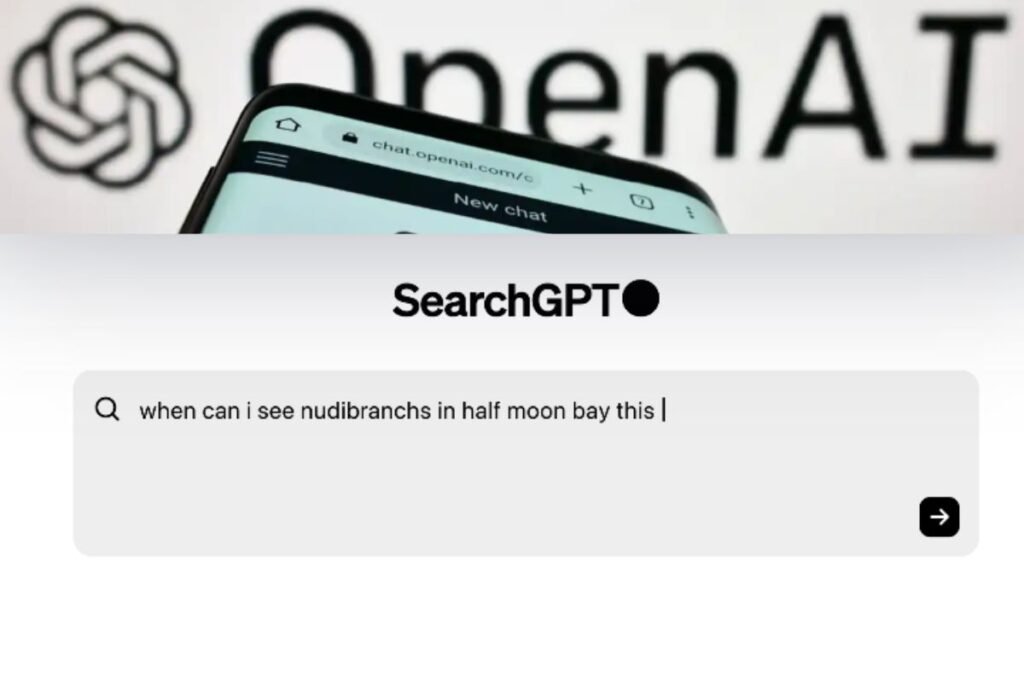OpenAI has announced the launch of SearchGPT, a prototype that promises to revolutionize the way we search for information online. This new tool combines the power of OpenAI’s advanced language models with real-time web information to deliver fast, accurate, and well-sourced answers to user queries.
Key Features of SearchGPT:
- Rapid, up-to-date responses to questions
- Clear links to relevant sources
- Ability to engage in follow-up questions with shared context
- Clean, user-friendly interface
Future Developments:
OpenAI has outlined plans for continuous improvement of SearchGPT, focusing on:
- Enhancing local information retrieval
- Improving commerce-related searches
- Gathering feedback from users and publishers
- Integrating the best features into ChatGPT
The announcement of SearchGPT has sent ripples through the tech industry, potentially challenging established players in the search market. While OpenAI describes it as a “temporary prototype,” (I don’t know why.) the implications for competitors are significant:
- Direct competition with Perplexity AI: SearchGPT appears to offer similar functionality to Perplexity, which reportedly uses ChatGPT as its backend. This move highlights the risks of building products on third-party platforms.
- Challenge to Google: As users increasingly turn to AI-powered tools for information, Google’s long-standing dominance in the search market could face its most serious threat yet.
- Integration of ChatGPT’s web search: OpenAI is leveraging the strengths of ChatGPT’s existing web search capabilities, which have already gained recognition for their speed and reliability.
OpenAI emphasizes that SearchGPT will allow users to ask follow-up questions, creating a more conversational and context-aware search experience. This feature aims to make the search process more intuitive and human-like.
While the full impact of SearchGPT remains to be seen, it represents a significant step forward in AI-powered search technology. OpenAI has opened a waitlist for users interested in trying the prototype, suggesting a phased rollout approach. Interested individuals can sign up for the waitlist to get early access and provide valuable feedback.
As the landscape of web search continues to evolve, SearchGPT may well be at the forefront of a new era in how we access and interact with information online. With OpenAI’s commitment to ongoing improvements and integration with existing tools like ChatGPT, SearchGPT has the potential to significantly impact the future of online search and information retrieval.
Credit: This article is based on information from Matthew Berman’s YouTube channel and OpenAI’s official announcement.







